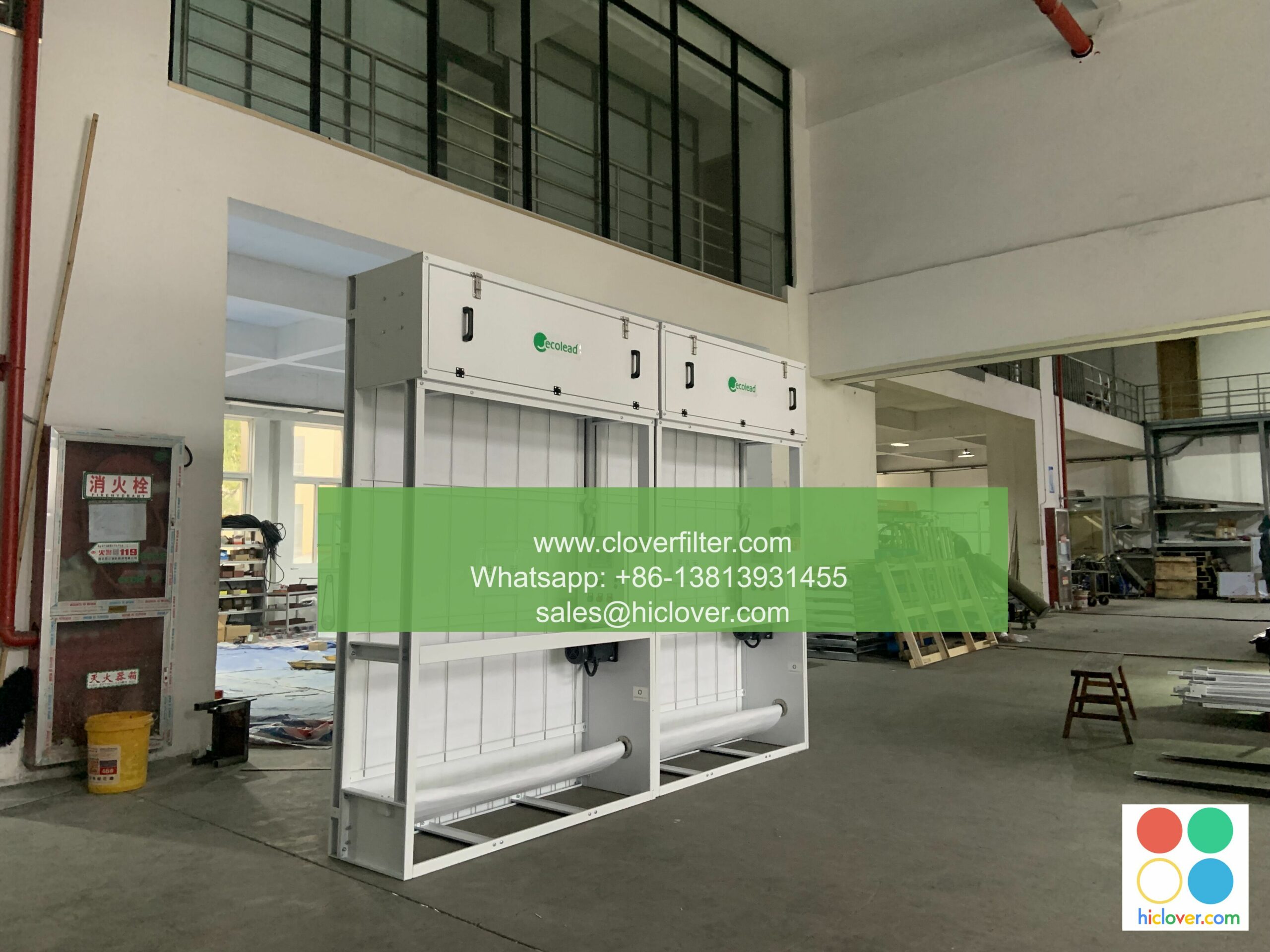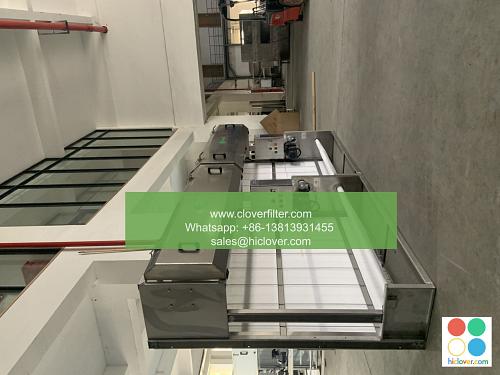The Impact of Air Filters on Indoor Air Quality: A Scientific Study

Indoor air quality (IAQ) is a critical aspect of our daily lives, as we spend a significant amount of time indoors. The air we breathe inside our homes, offices, and other buildings can be heavily polluted with particulate matter (PM), volatile organic compounds (VOCs), and other gaseous pollutants. This can lead to a range of health problems, including respiratory issues, allergies, and even cancer. One effective way to improve IAQ is by using air filters, which can capture pollutants and purify the air. In this article, we will discuss the impact of air filters on indoor air quality, highlighting various application areas, including residential, commercial, and industrial settings.
Introduction to Air Filters
Air filters are devices designed to remove pollutants from the air, improving IAQ. They work by capturing particulate matter, such as dust, pollen, and bacteria, as well as gaseous pollutants, like VOCs and nitrogen dioxide (NO2). Air filters can be used in heating, ventilation, and air conditioning (HVAC) systems, as well as in portable air purifiers. There are several types of air filters, including mechanical filters, electrostatic filters, and activated carbon filters, each with its own unique characteristics and application areas.
Residential Application
In residential settings, air filters can be used to improve IAQ and reduce the risk of . A study published in the Journal of Exposure Science and Environmental Epidemiology found that using high-efficiency particulate air (HEPA) filters in homes can reduce PM2.5 concentrations by up to 90%. This can be especially beneficial for people with allergies or respiratory conditions, such as asthma. Additionally, air filters can be used in air purifiers to remove VOCs and other gaseous pollutants from the air, creating a healthier indoor environment.
Commercial and Industrial Application
In commercial and industrial settings, air filters play a critical role in maintaining good IAQ and reducing the risk of occupational diseases. For example, in hospitals, air filters can be used to reduce the transmission of airborne pathogens, such as tuberculosis and influenza. In industrial settings, air filters can be used to remove hazardous pollutants, such as chemical fumes and particulate matter, from the air. A study published in the Journal of Occupational and Environmental Medicine found that using air filters in industrial settings can reduce worker exposure to hazardous pollutants by up to 95%.
Conclusion
In conclusion, air filters play a vital role in improving indoor air quality, and their application areas are diverse, ranging from residential to commercial and industrial settings. By capturing pollutants and purifying the air, air filters can help reduce the risk of respiratory problems, allergies, and even cancer. As the world becomes increasingly aware of the importance of indoor air quality, the demand for effective air filters is likely to grow, driving innovation and development in this field. Whether you’re a homeowner, business owner, or industry professional, investing in a high-quality air filter can have a significant impact on the health and well-being of those around you. You haven’t asked a question or provided any context. Please provide more information or ask a specific question so I can assist you better. What’s on your mind?

